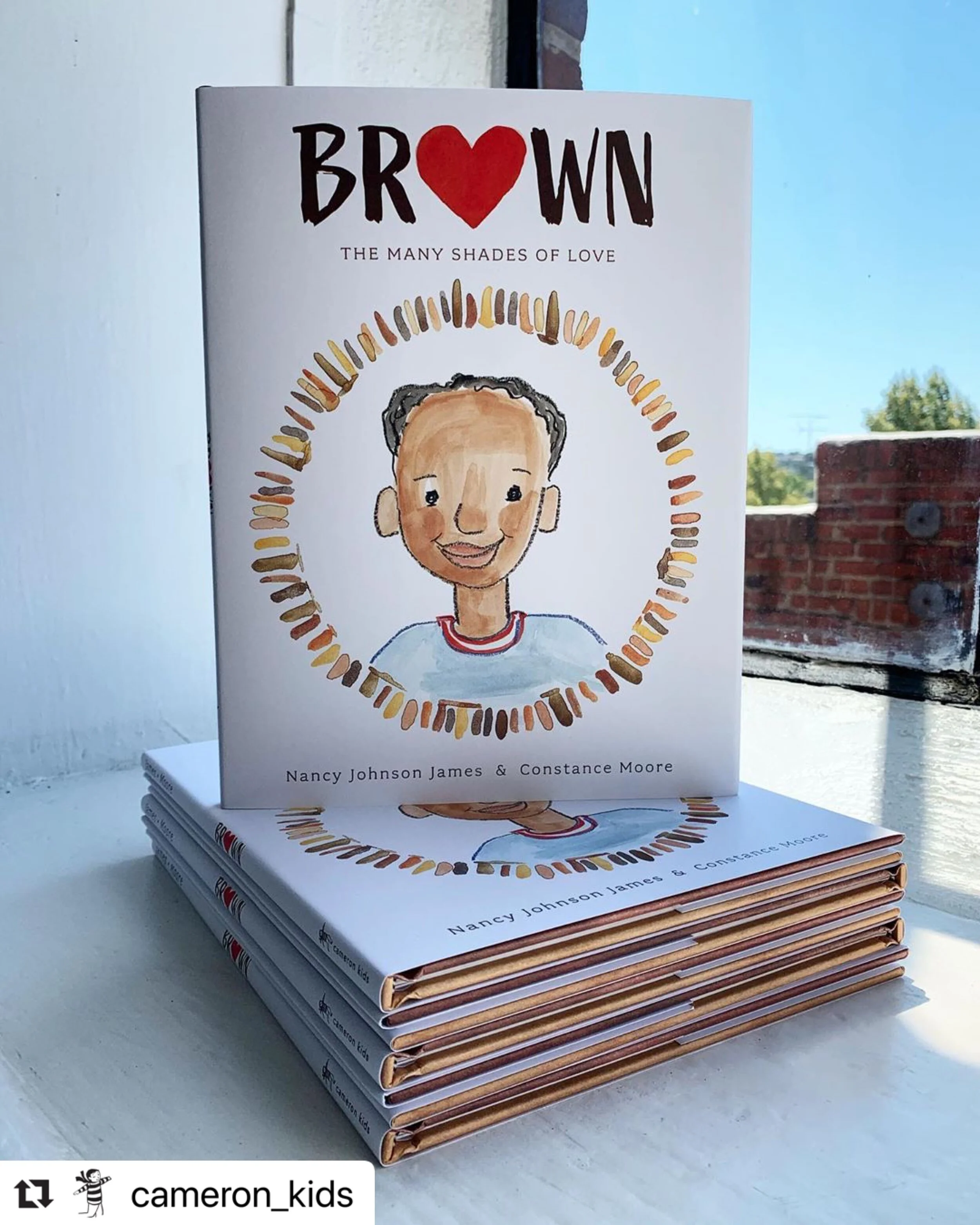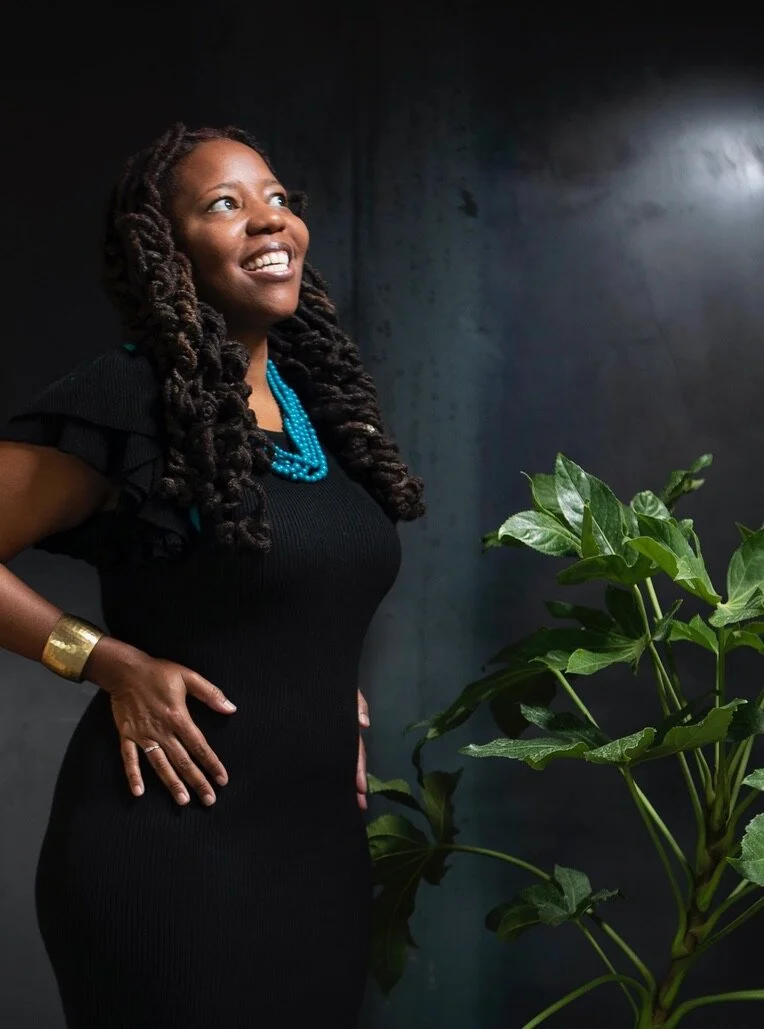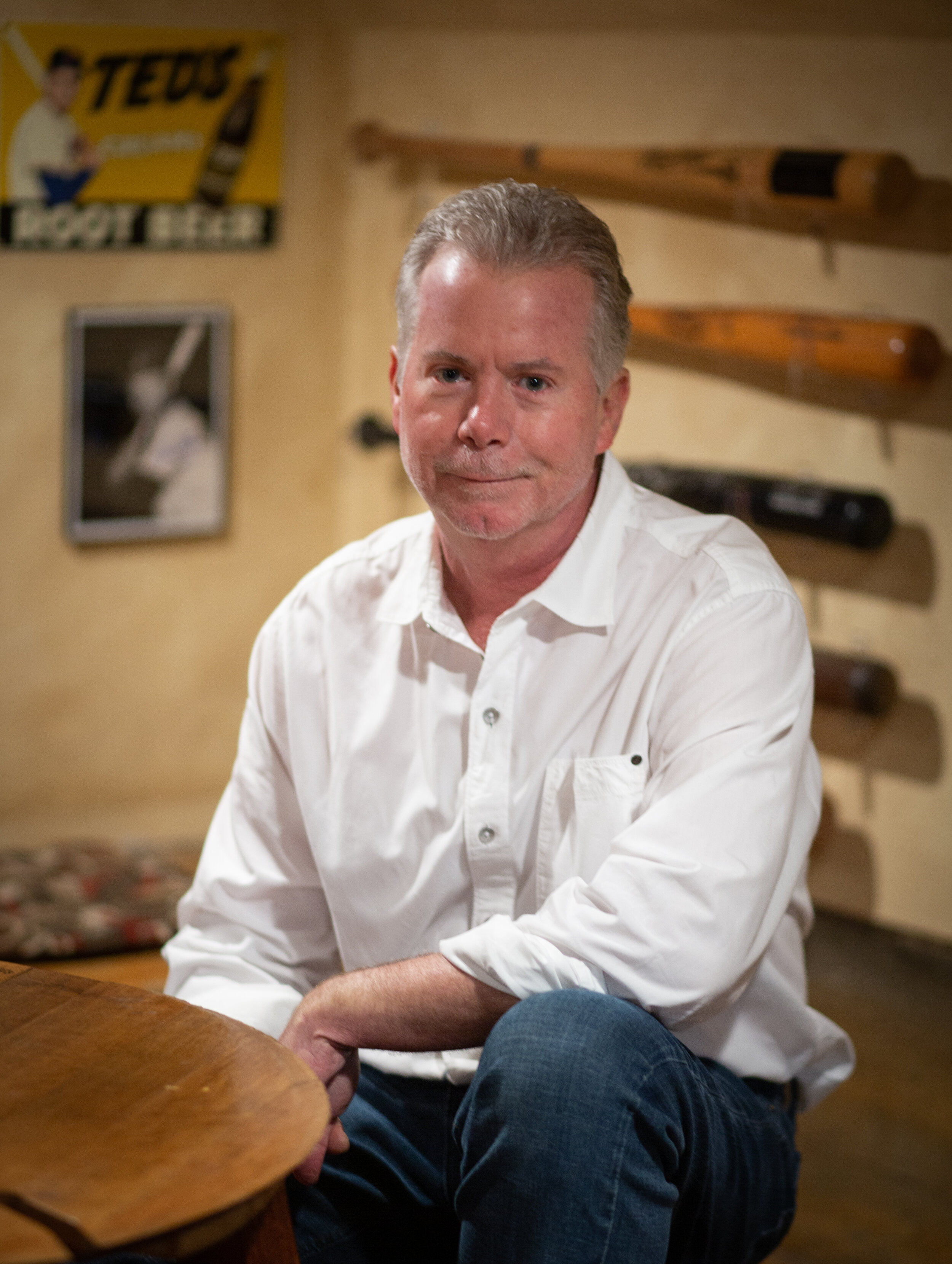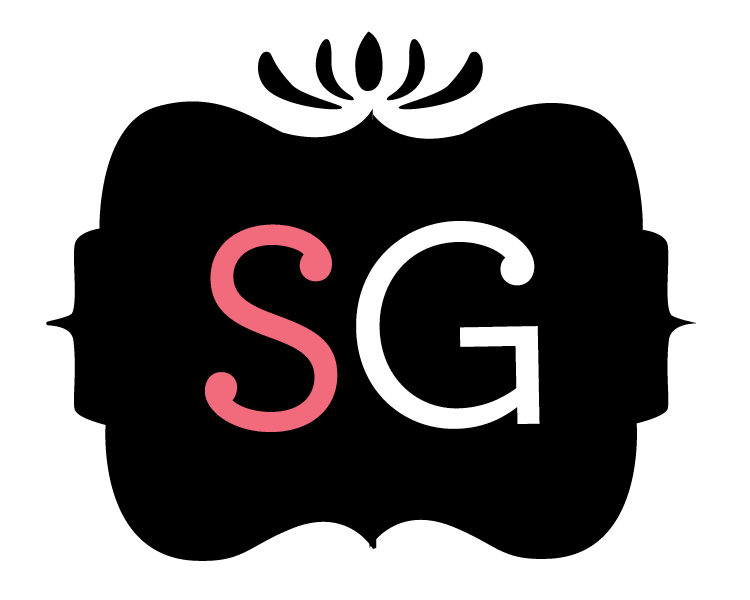To Not Shelter It from the Page: Interview with Julie Enszer
When I subscribed last year to Sinister Wisdom, a lesbian feminist creative wave crashed on top of me and dragged me back into the deep waters of my literary roots. Maybe because I first read Sinister Wisdom in college in the ‘90s, when essays from the journal appeared in my Women’s Studies course reading lists. Maybe because with my first issue, the publisher threw in a couple of back issues from the same time period.
That publisher is Julie R. Enszer, PhD, a scholar and a poet and the editor and publisher of Sinister Wisdom, a multicultural lesbian literary and art journal, and is a regular book reviewer for the The Rumpus and Calyx. I’m very pleased to host this interview with her on the Sexy Grammar blog, especially since it also celebrates my own first byline in Sinister Wisdom.
Enszer’s book manuscript, A Fine Bind, is a history of lesbian-feminist presses from 1969 until 2009. Her scholarly work has appeared or is forthcoming in Southern Cultures, Journal of Lesbian Studies, American Periodicals, WSQ, and Frontiers. She is the author of four poetry collections, Avowed (Sibling Rivalry Press, 2016), Lilith’s Demons (A Midsummer Night’s Press, 2015), Sisterhood (Sibling Rivalry Press, 2013) and Handmade Love (A Midsummer Night’s Press, 2010). She is editor of The Complete Works of Pat Parker (Sinister Wisdom/A Midsummer Night’s Press, 2016), which won the 2017 Lambda Literary Award for Lesbian Poetry and Milk & Honey: A Celebration of Jewish Lesbian Poetry (A Midsummer Night’s Press, 2011), which was a finalist for the 2012 Lambda Literary Award in Lesbian Poetry. She has her MFA and PhD from the University of Maryland.
How does Sinister Wisdom operate?
Sinister Wisdom is entirely supported by subscribers and donors to the journal, and while those subscribers and donors are generous and wonderful, the revenue for the journal basically covers printing, postage, and some basic office and promotional supplies. In other words, we do not raise enough money to pay writers, editors, proofreaders, or other people invested in making the journal a reality. I think people see a beautiful journal with a glossy cover, and they think, Wow! That is amazing. And it is amazing, but people do not think about the free and volunteer labor that makes it a reality in the world. Part of my work is making that labor visible to others; making labor visible invites others to engage in it and invites others to support it. How can readers support journals? (that might be another question to ask!) By becoming a subscriber! Subscribe to Sinister Wisdom – or to any of the other amazing, grassroots journals that are published with the time, love, and labor of volunteers. (Scroll to the bottom of this interview for subscription information.)
What does your writing process look like?
I write regularly. More importantly, I revise regularly. I return both to the blank page and to the page that is filled to tinker, to hack, to rewrite, to reconsider. I leave a day of writing exhilarated, impressed by my brilliance, certain that I have just written the most important, most meaningful, most devastating, most beautiful thing ever. I return the next more and read it with despair, wondering what on earth I was thinking the night before. Then I write more. I revise. I engage the page. And I repeat.
What do writing and sex have in common?
Both involve the hands. Both engage the brain. If the skin is the largest sex organ, skin is imbricated literally and metaphorically in both writing and sex. The thin skin in the writing studio to expose what is inside, to not shelter it from the page. The thick skin when the work is out in the world. If we are pursuing truth here, I have masturbated while writing, though rarely, post-orgasm do I return to the writing page. Then it is time for a nap, time to read someone else’s words.
What do you love about writing?
Power. Creation. There is power in creating something new, in bringing language to the experiences of the world, particularly in writing experiences that are not commonly engaged in mainstream writing and publishing. I love power (even as it vexes me), and I love creating.
Who are your writing heroes?
There are so many – do you have all day? Obviously, Woolf and Oliver. I eagerly await new books by Marilyn Hacker, Minnie Bruce Pratt, Carolyn Forche, Sharon Olds. I return repeatedly to the writings of Audre Lorde and Pat Parker. I’ve been rereading Beth Brant and reveling in those short stories she left us. I adore reading and find pleasure in beautiful stories and words, so my writing heroes are the women who left work like that for me. Women whose work I have edited intensively, Pat Parker and Lynn Lonidier, often become through the process of engaging editorially with them heroes of mine, even as they are anti-heroes in some ways. It is heroic to sit and write down truths from one’s life and have them published. I see that heroism, and I appreciate it.
What’s on your mind this January?
Lately, I am thinking intensively about birthdays and anniversaries. January 25th is the birthday of Virginia Woolf. She was born on January 25, 1882, so this year, had she magically lived—imagine that when she walked into the river Ouse with rocks packaged into the pockets of her overcoat, instead of sinking weighted down by igneous, imagine that those rocks became balloons lifting her up out of the water, high up into the sky away from the chill of Sussex in late March, up into the stratosphere filling her with warmth and light where she just cruised around for years and decades waiting for the feminist readers and writers to be born, to develop, to celebrate her, then she might magically touch down back on earth this year on her birthday—she would be 138 years old, but the time in stratosphere might have preserved her perfectly at the age of 59, the age of her death, but no longer depressed, rather happy, satisfied, in the height of her power as a writer, theorist, and woman. Imagine that. I’m waiting for her to land on land this January 25th. To be present magically with us again.
For many years, I took off two days from work to observe Woolf’s life, her birthday and March 28th, the day of her death, at least the recorded day of her death as the body was not found for many days later. That was also the date of my sister’s birthday so I felt a special kinship to that day, some spiritual convergence on 3-28 between Virginia’s life and my own.
This year, January 17th is the first yartzeit (a Yiddish word for the anniversary of a death) of the poet Mary Oliver. I adore the work of Mary Oliver and was profoundly saddened by her death last year. I’ve written a couple of memorial pieces for poets and writers who have died, often lesbian-feminist folks with whom I have a particular kinship and often women for whom too little is written to mark their lives. Oliver’s life and legacy did not have that condition; many people wrote beautifully about her. My voice was not needed. Now a year later though I feel the loss of not taking time to write and think through all of her work. I’ve been secretly wondering, should I, in this next part of my life, observe her date of death with a day off, a day to write and reflect fully on her legacy?
###
I coax sexy writers like Julie Enszer to reveal their creative secrets and processes in writer interviews to inspire you.
Read more of Julie’s work on her website.
Purchase issue #115 of Sinister Wisdom, out now and featuring my essay, “Not That Kind of Teacher.”
Listen to Sinister Wisdom’s Spoken Violets podcast, where you can hear my essay, “Not That Kind of Teacher,” read by me later this month.
Feeling inspired? Book a private session with me, The Sexy Grammarian. You always leave private sessions with homework and inspiration, and the first session is always free.
Photo credit: Steffan Declue













